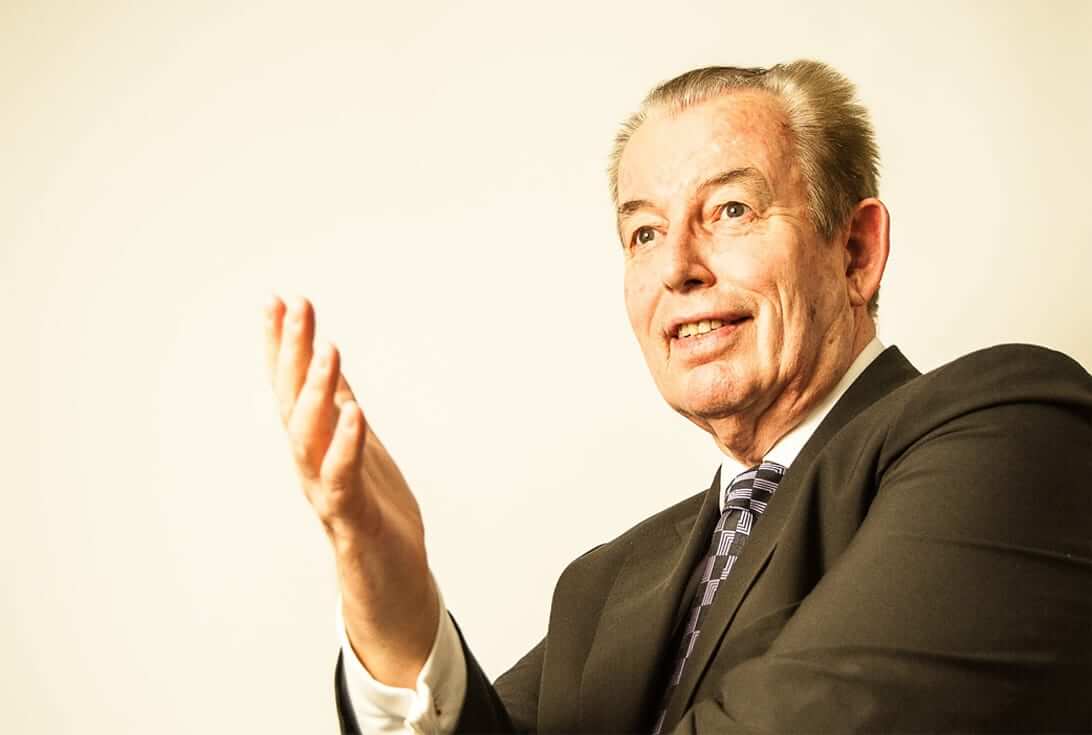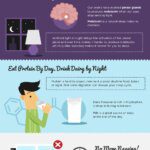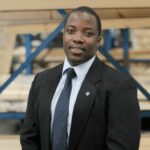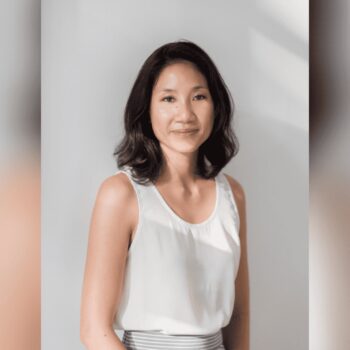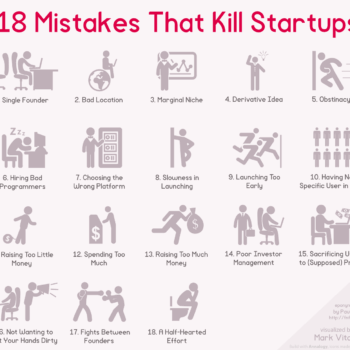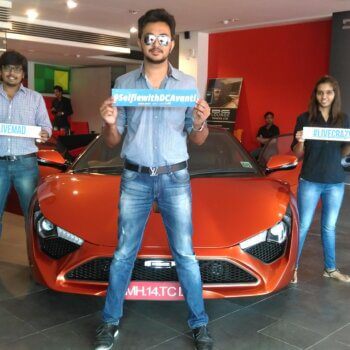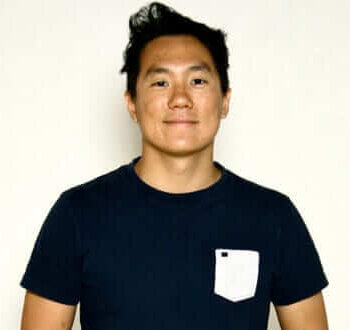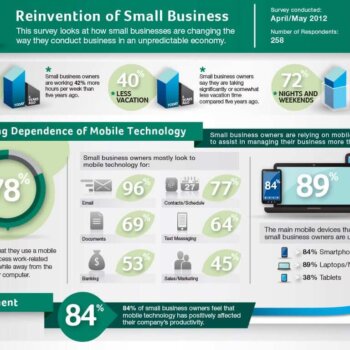It was great having the chance to connect and talk with David. We both work in similar areas and I’m sure there will be many chances to collaborate in the future. His extensive knowledge of the region would be a major boon to companies looking for regional expansion.
What’s your story?
I have been at various times a Renaissance historian in Cambridge UK, a wine and olive farmer in Italy, a passionate traveller, a speechwriter to one of the world’s leading banks and a risk-taking entrepreneur. These experiences have formed the bedrock of my mission to help Western and Asian companies with their cross-border strategies in Asia. To this end I have published a series of books and resources on the business practices and cultures of Asia’s rich and complex markets, including China.
What excites you most about your industry?
We are living in an Advisory Age, where more and more businesses and organizations are looking for a “guide at their side, rather than a sage on the stage”. Experts in a huge variety of niches are replacing or adding value to traditional sources of information and ways of doing business. Social and emotional intelligence has become essential for empowering companies to make successful strategic decisions. Globalisation and interconnectivity has increased the need for specific localisation strategies and enhanced awareness of the world’s diverse markets.
What’s your connection to Asia?
Being fascinated by other cultures, I gave up an academic life in Cambridge UK to live as a wine and olive farmer in Italy for seven years and write books. I was then drawn to Japan and eventually Hong Kong, where I wrote the speeches for HSBC in the run-up to the handover in 1997 and married a local Chinese. Choosing the life of the entrepreneur rather than climbing the corporate ladder, I set up my own company in Hong Kong and eventually established a network of associates/branches in other Asian cities.
Favourite city in Asia for business and why?
Hong Kong for the ease of doing business, its 24/7 efficiency and the fact that most Asian countries and major cities are within 3-4 hours flying distance from Hong Kong. Hong Kong has a diverse mix of professionals from every ethnic and cultural background and is also strongly Chinese, both aspects that I find attractive. Having a Hong Kong Chinese family as in-laws is also an important part of my life.
What’s the best piece of advice you ever received?
It’s much more important to listen than to talk. Listening and empathising allows you to learn much more about your profession, other cultures and other people, and to gather essential emotional intelligence to build successful business relationships.
Who inspires you?
I am constantly surprised and inspired by Brendon Burchard, the American author, public speaker and online trainer on the topics of motivation, high performance, and digital marketing.
What have you just learnt recently that blew you away?
I read an Australian government report that only 9% of Australian businesses are currently operating in Asia, and nearly two-thirds of Australian businesses have no intention of changing their stance in the next 2-3 years. If this is true of a country like Australia within Asia Pacific, how much truer is it of countries like US, UK and those of the EU. They should be seizing the Asian opportunity right now but are still held back by fears of corruption, legal and trade barriers, and cultural differences.
If you had your time again, what would you do differently?
I would come to Asia earlier in my career, and begin building my speaking, authoring and coach-consulting business as soon as the digital tools became available. The extraordinary conjunction and power of the Age of Information and the Asian Century was not quite so evident in the early years of the 21st century as it is now.
How do you unwind?
I have a simple house in the Philippines near Lake Laguna, with a view of rice fields, caribou and a sort of homemade version of a Japanese onsen in the garden. I go there to write, listen to music, read books and watch rugby and basketball.
Favourite Asian destination for relaxation? Why?
I like to disappear into odd corners of Asia, such as the suburbs of Kyoto or the mountain temples of Korea or visit friends who run a puppet theatre in Myanmar – anywhere to get off the beaten track and feel the pulse of ordinary daily life in Asia. It’s not the destination, so much as the people who allow me to relax.
Everyone in business should read this book:
Evan Osnos, “Age of Ambition, Chasing Fortune, Truth and Faith in the New China” – the best book on China today that I have read
Shameless plug for your business
I help large companies, SMEs and entrepreneurs to build profitable partnerships and target their brands and products in Asia markets with focused market intelligence and local knowledge so that they can gain competitive advantage, raise their performance levels and generate increased profits. If you want help with a particular Asian market, you can apply for a complimentary 30 Minute ‘Winning in Asia Business’ Strategy Consultation with me via Skype at http://www.davidcliveprice.com/strategy
How can people connect with you?
You can contact me directly via email: [email protected]
or go to my website www.davidcliveprice.com
—
This interview was part of the Callum Connect’s column found on The Asian Entrepreneur:
Callum Laing has started, built, bought and sold half a dozen businesses in a range of industries across two continents. He is the owner of Fitness-Buffet a company delivering employee wellness solutions in 11 countries and he is also the CEO of Entrevo Asia, a company that runs 40 week Growth Accelerator programs.
Take the ‘Key Person of Influence’ scorecard <http://www.keypersonofinfluence.com/scorecard/>
Connect with Callum here:
twitter.com/laingcallum
linkedin.com/in/callumlaing
Get his free ‘Asia Snapshot’ report from www.callumlaing.com
